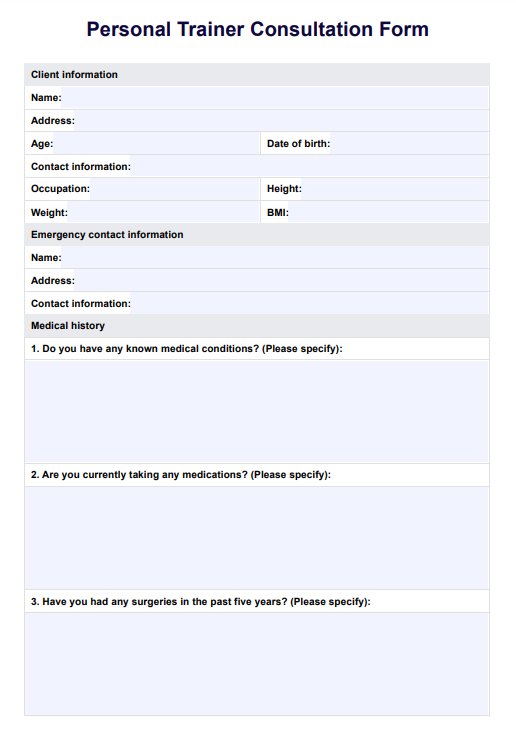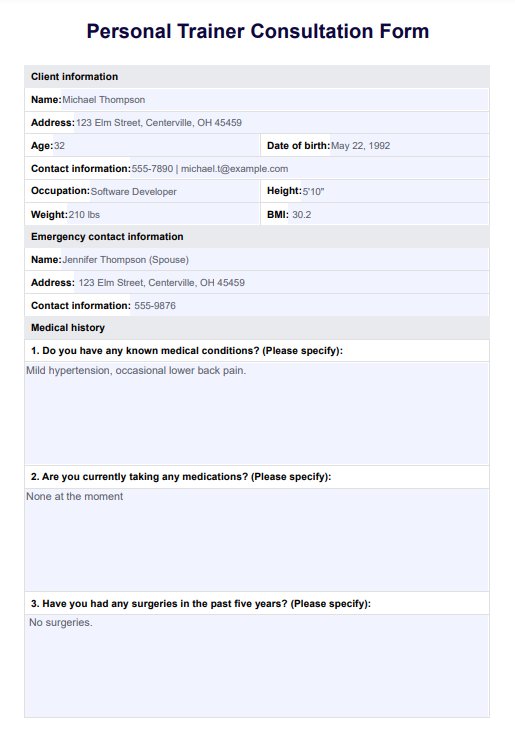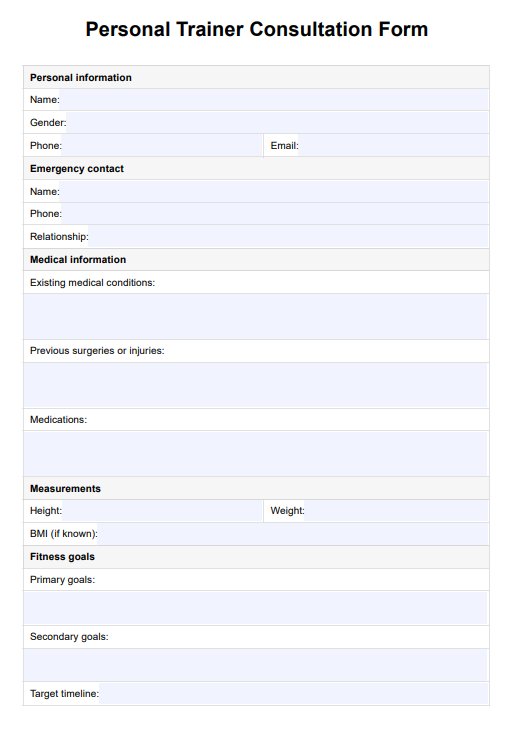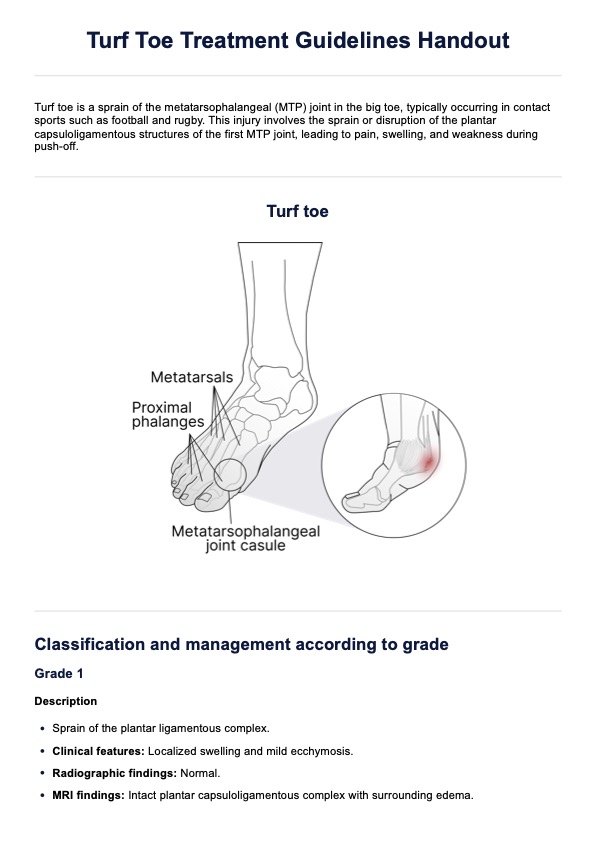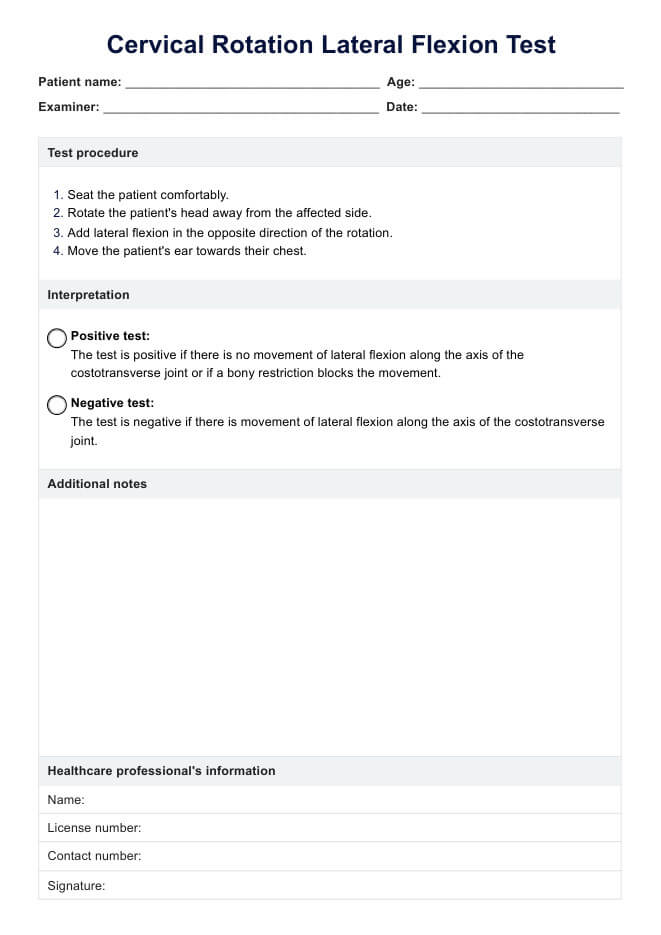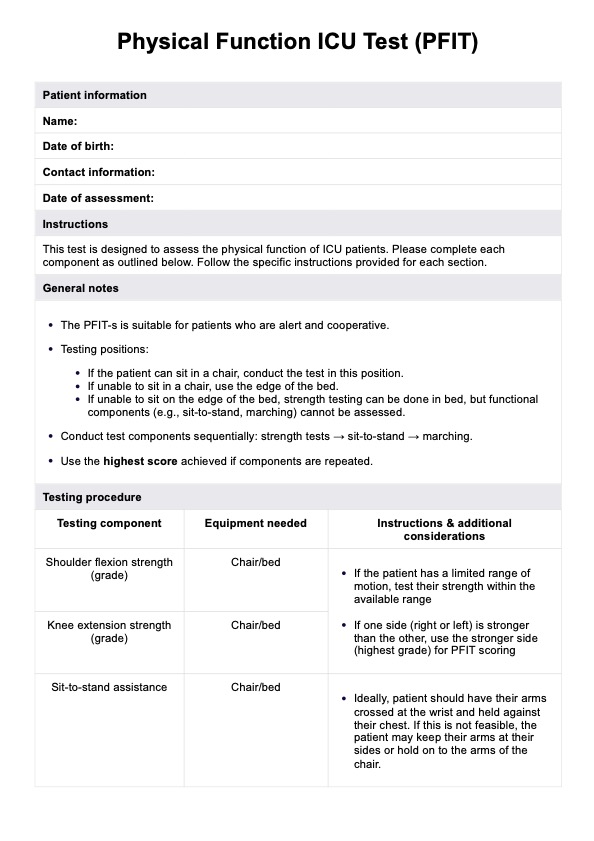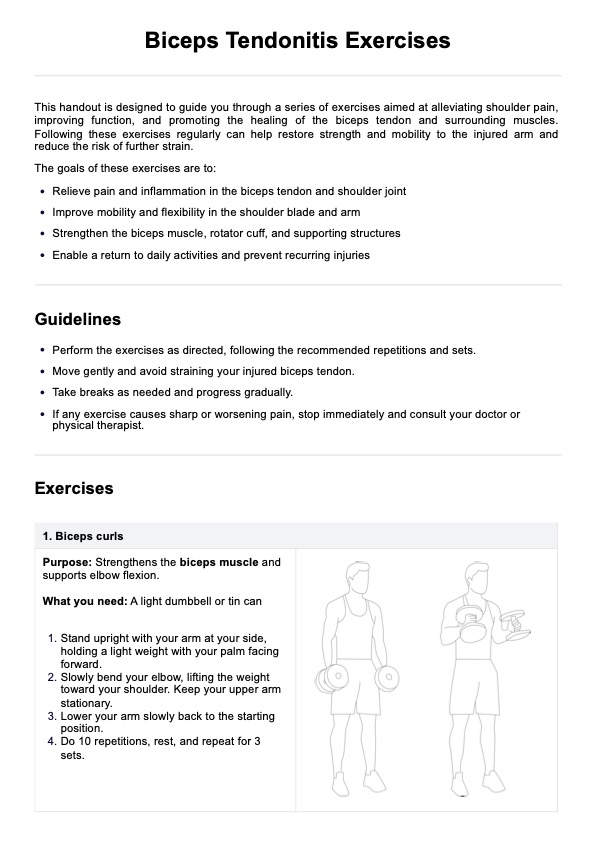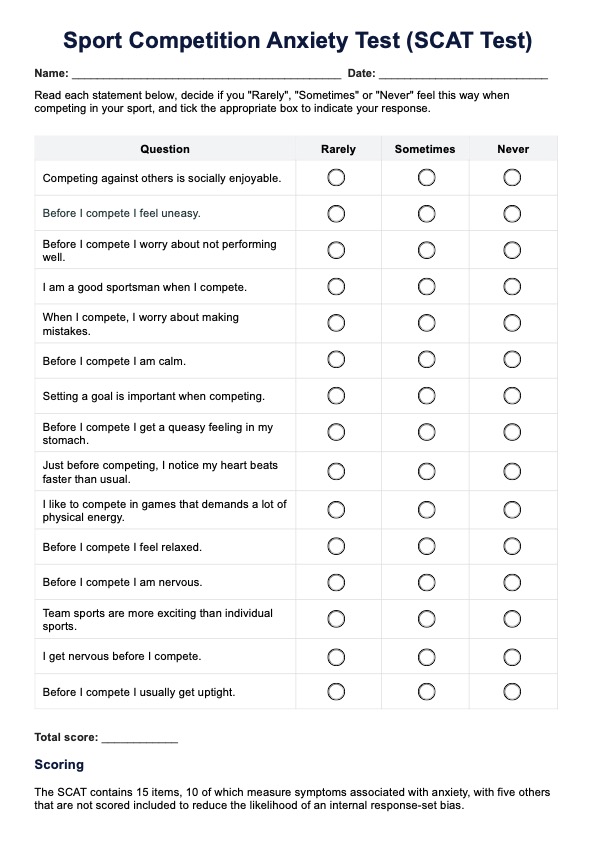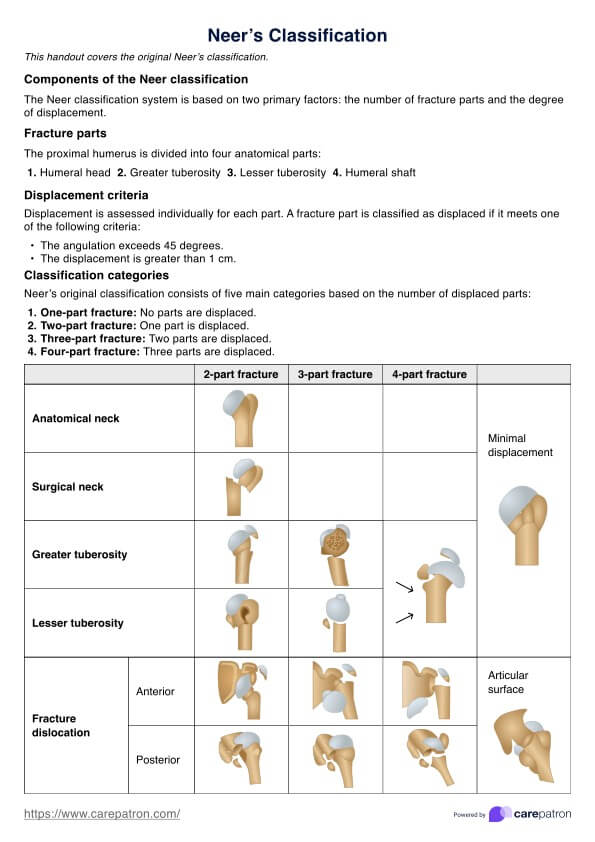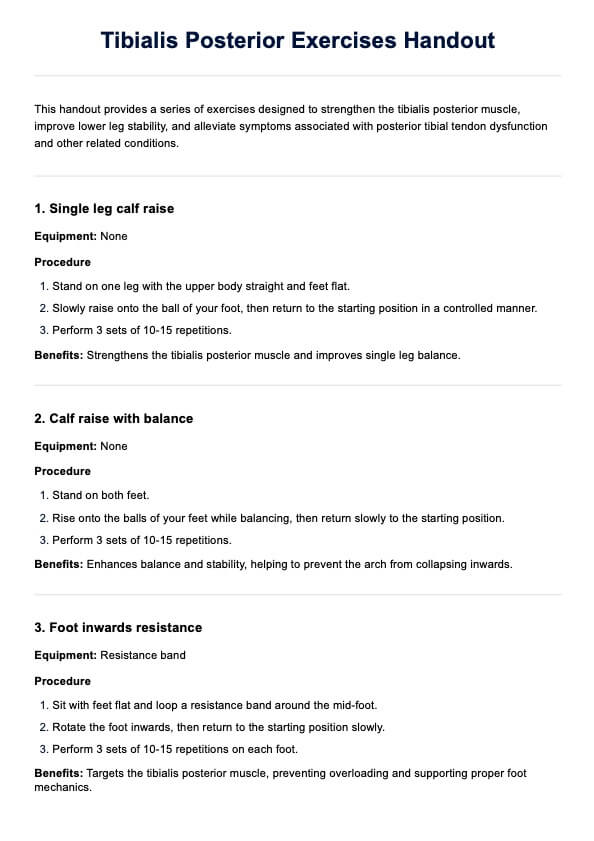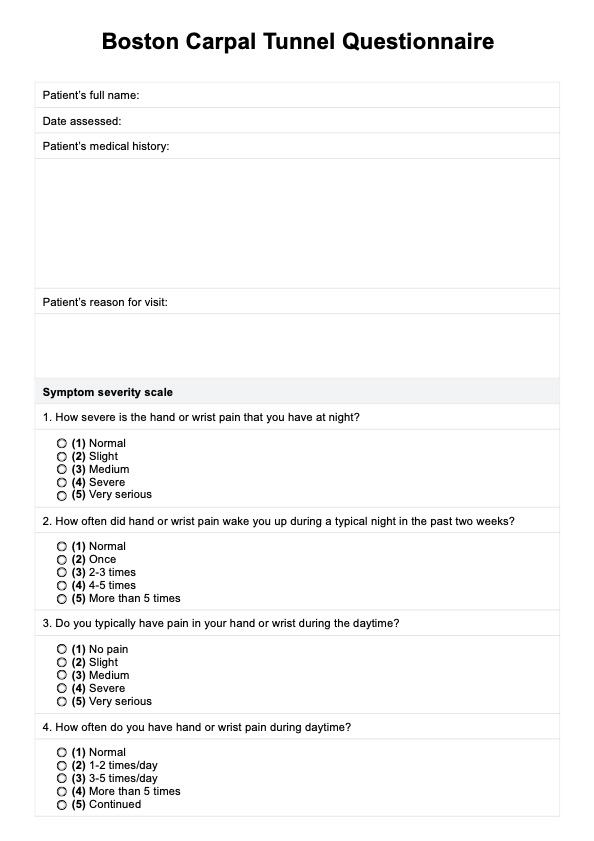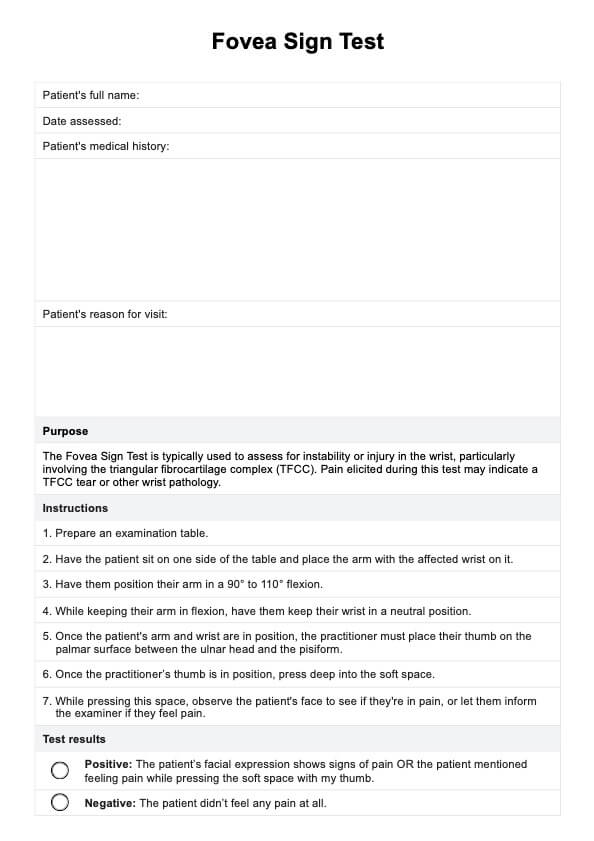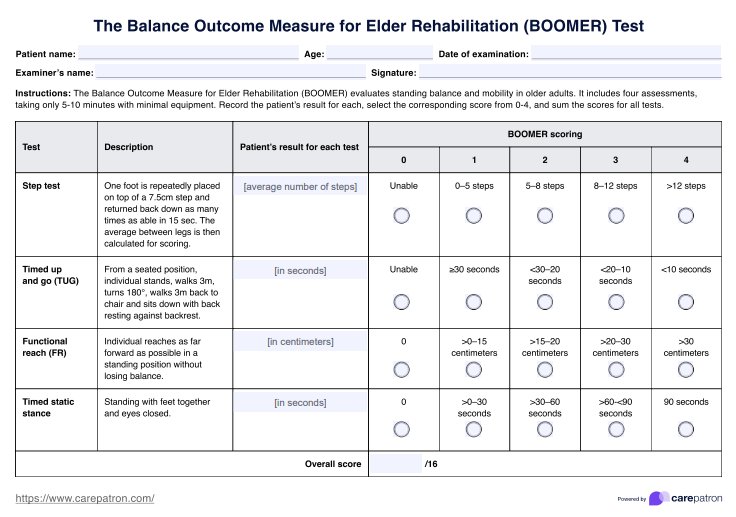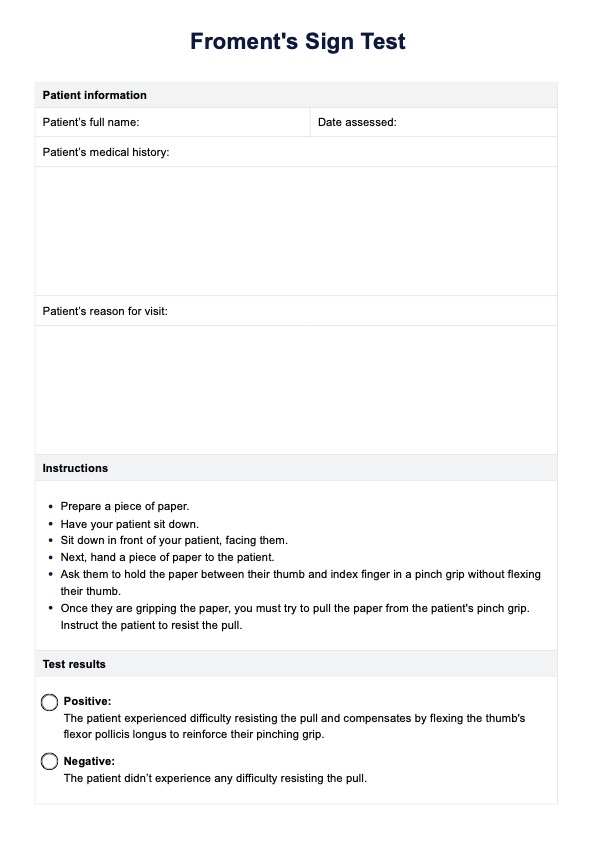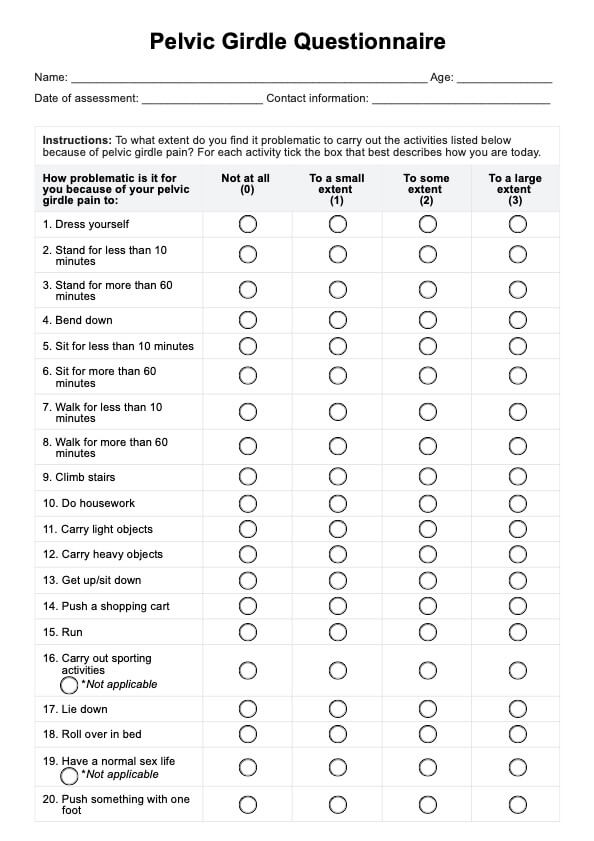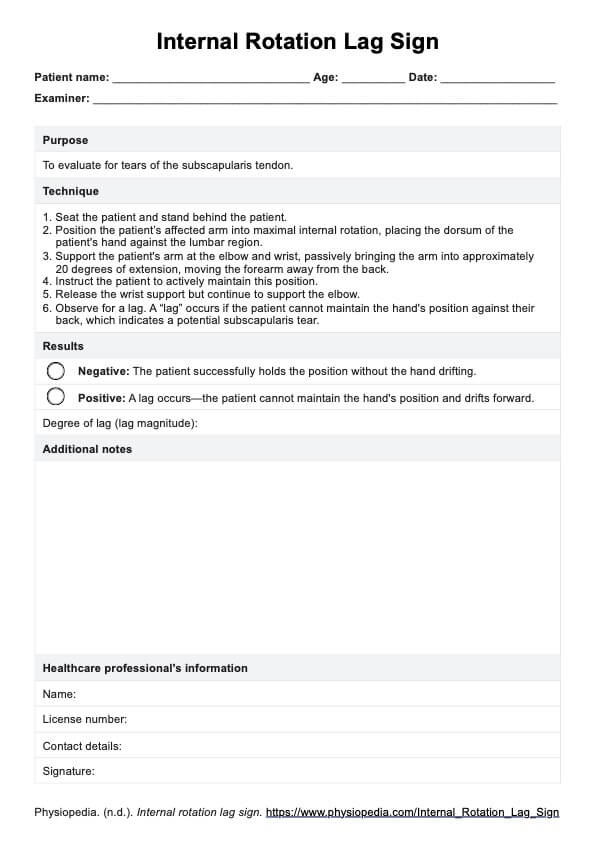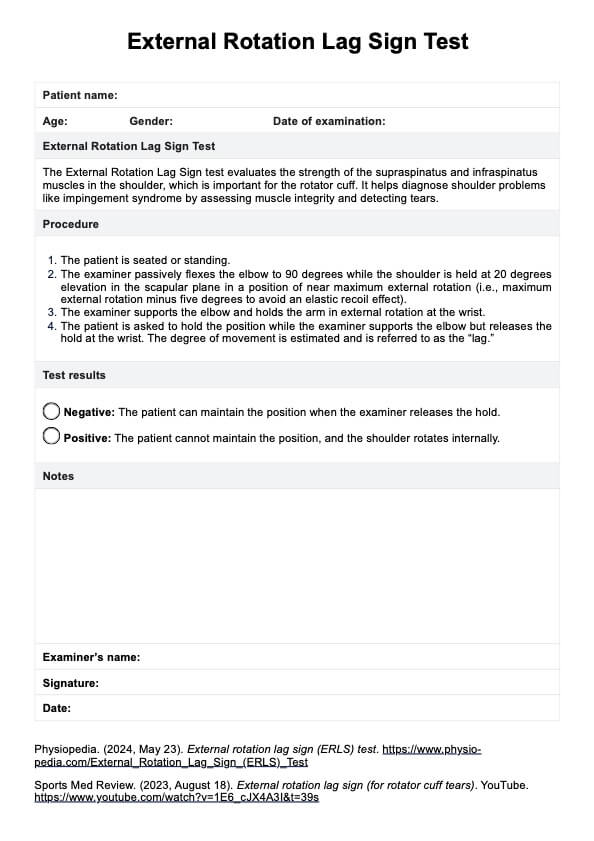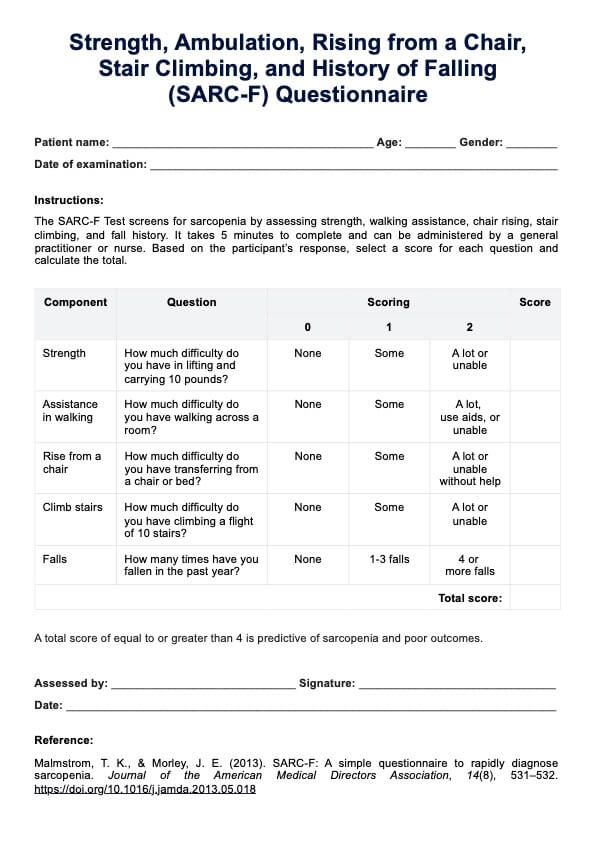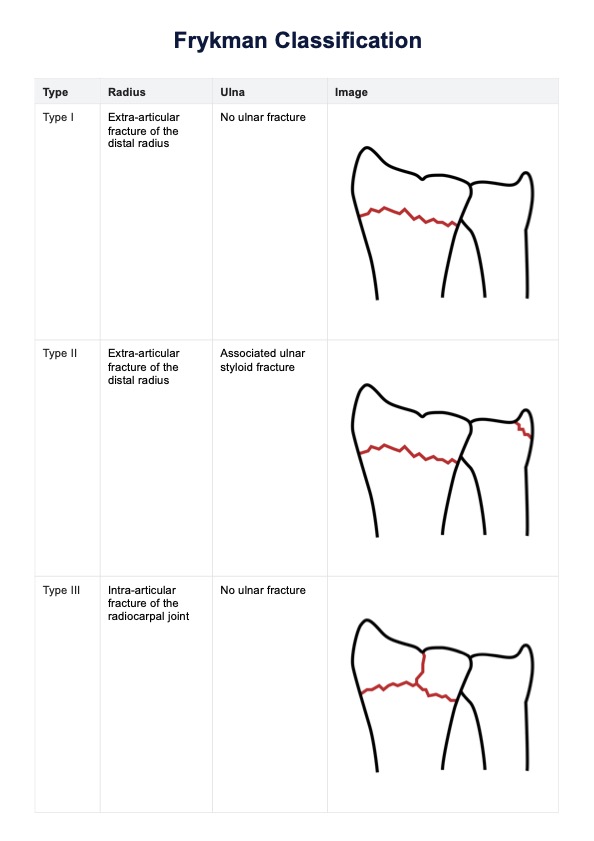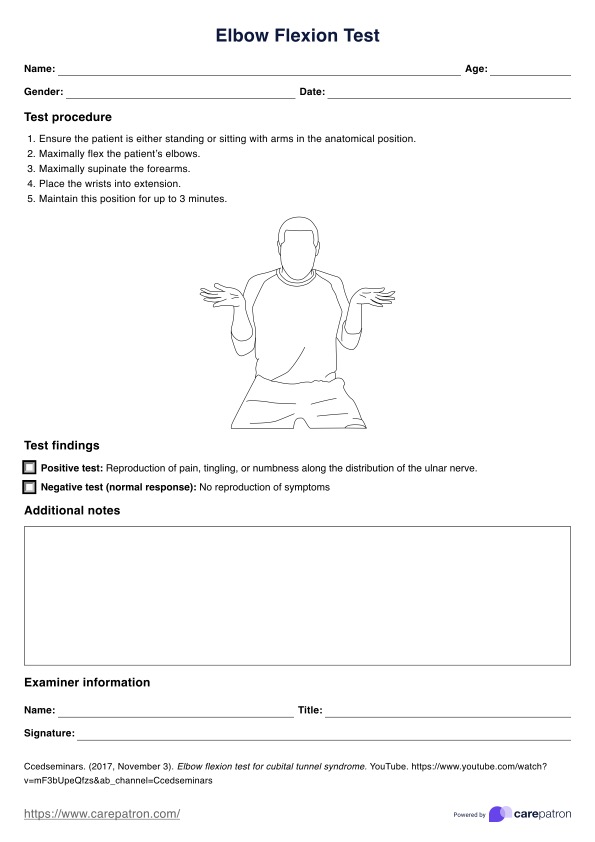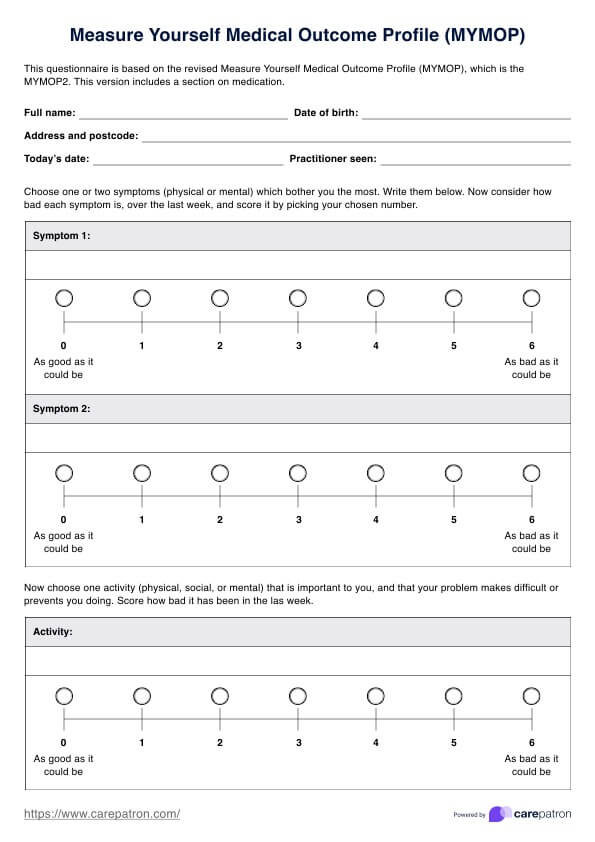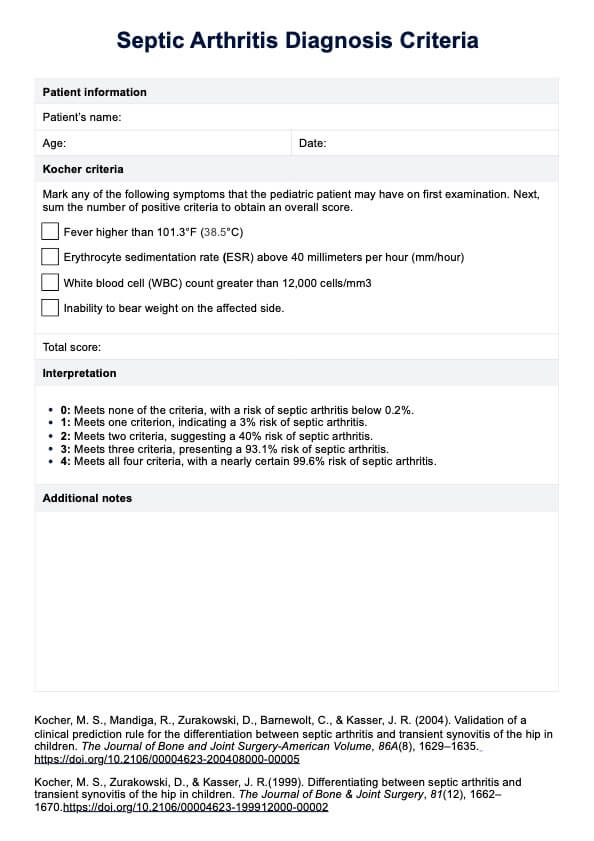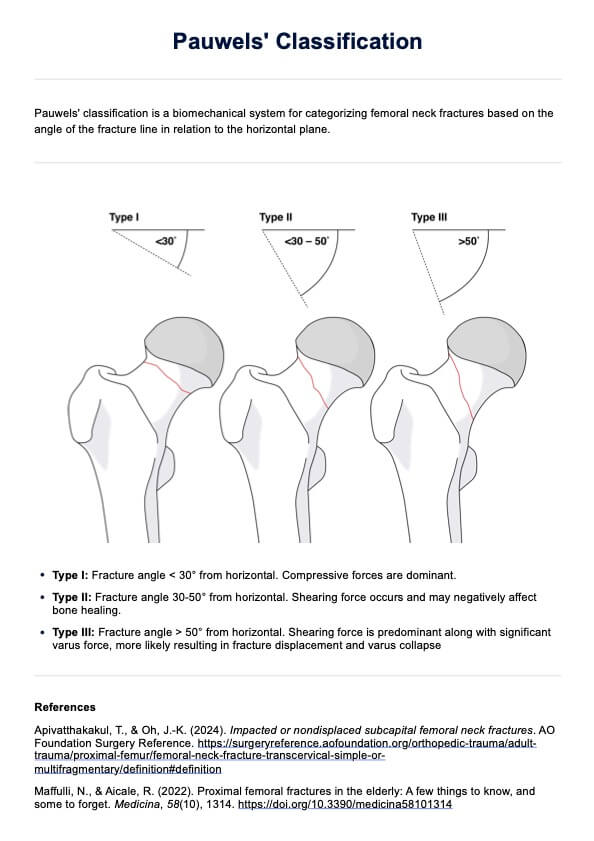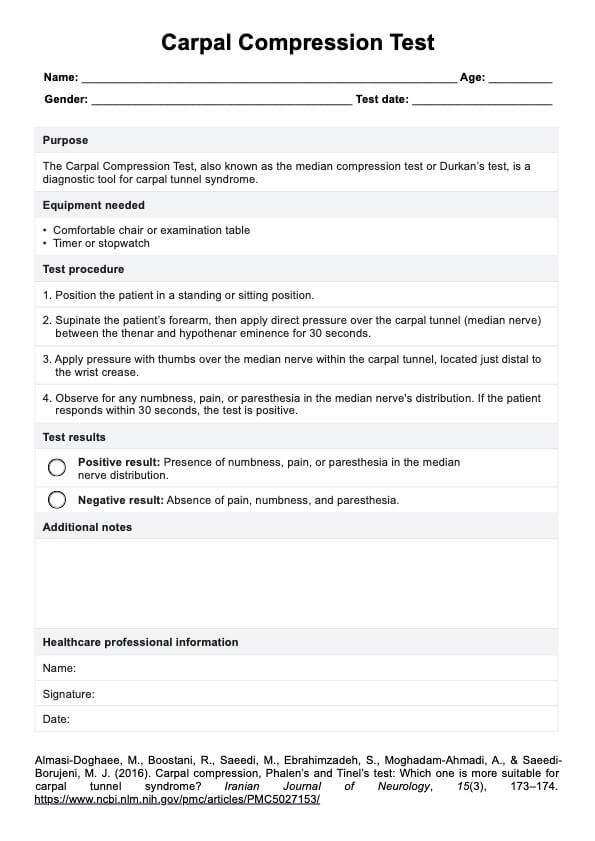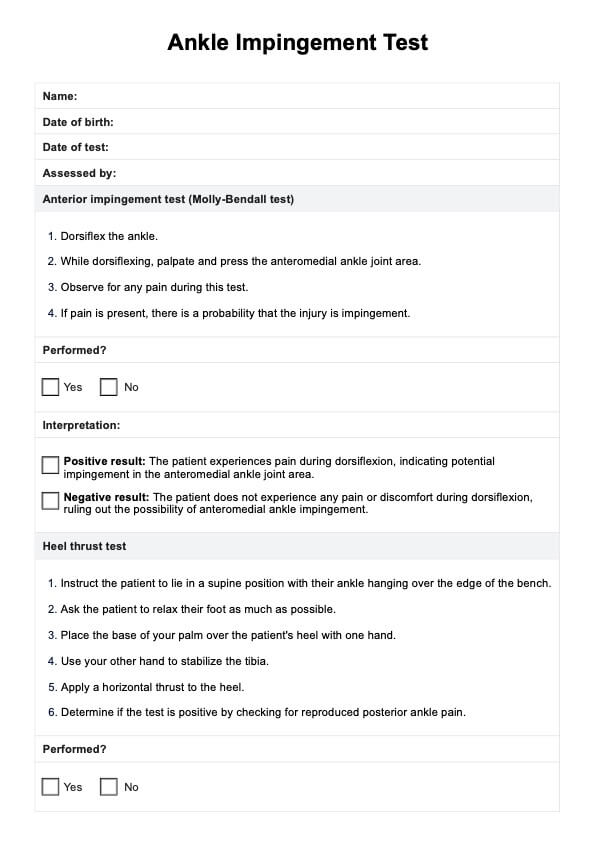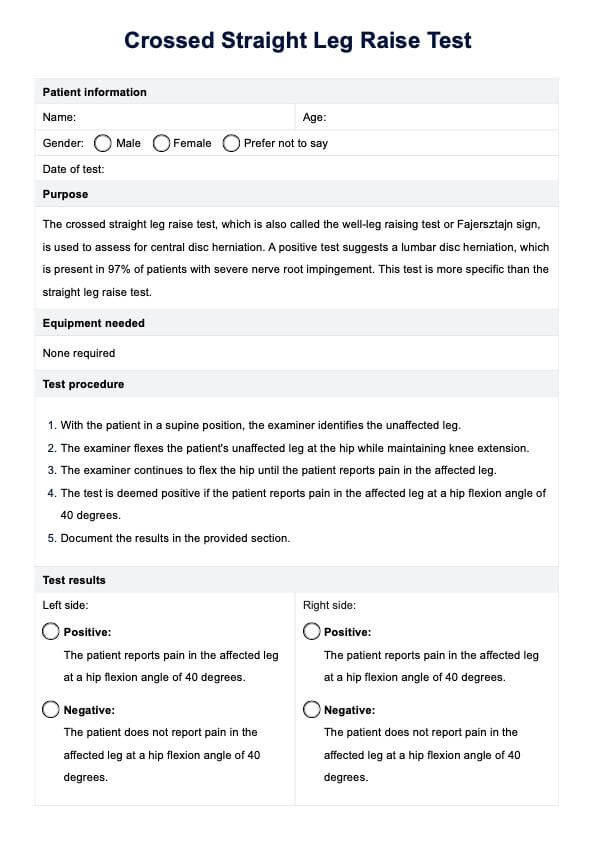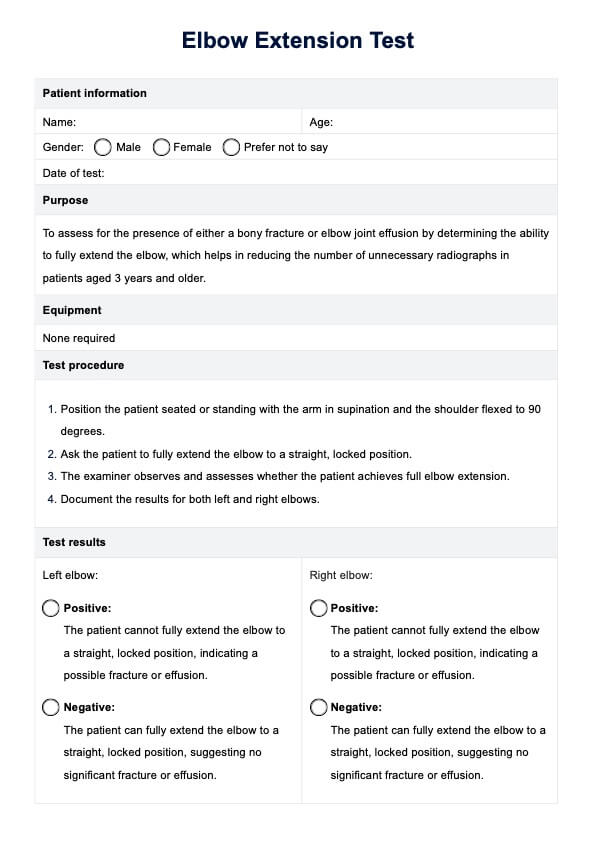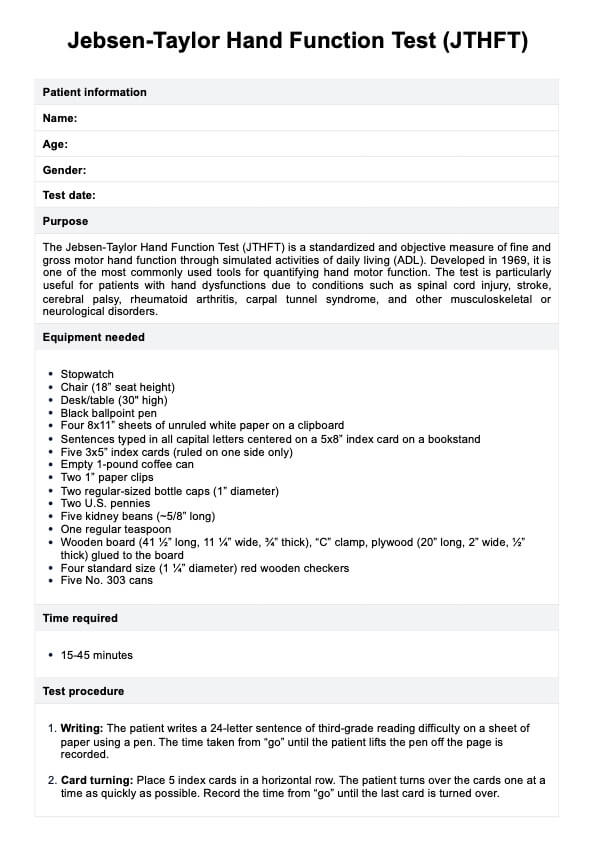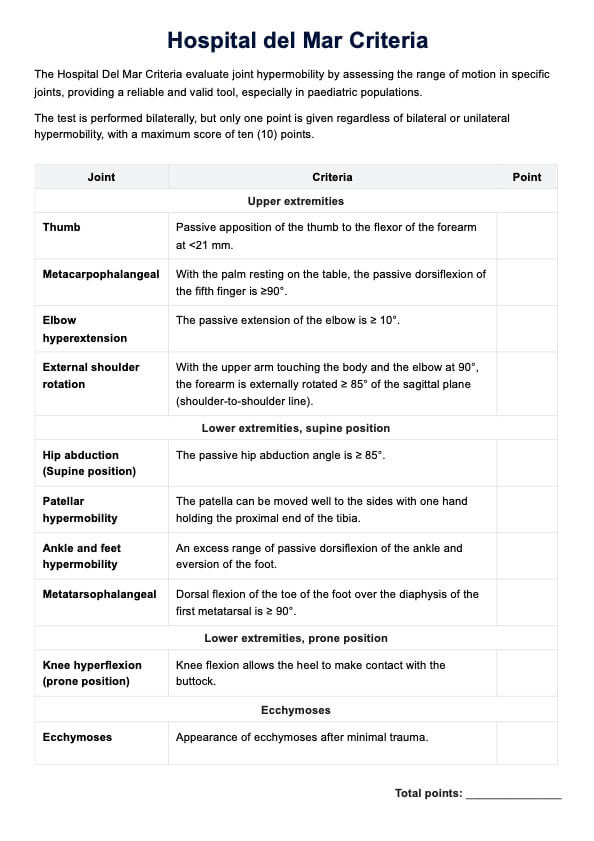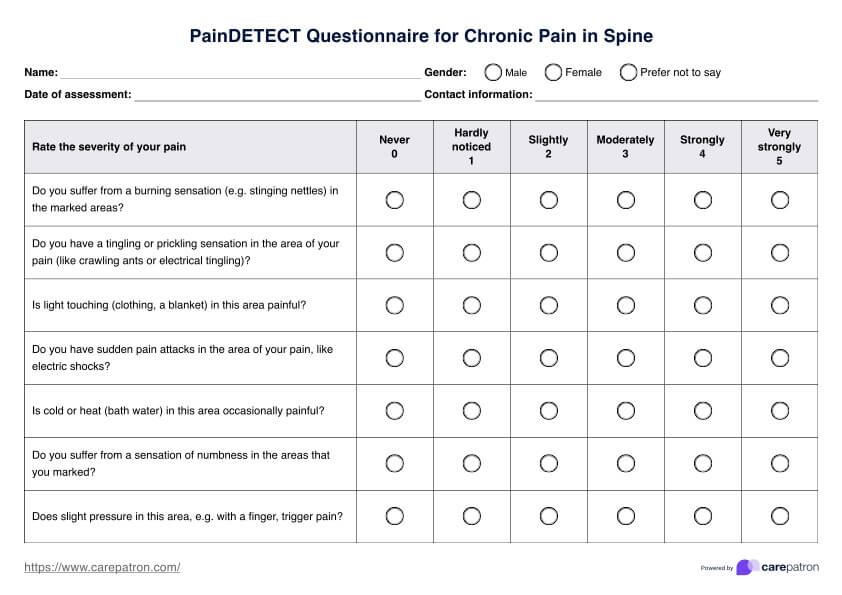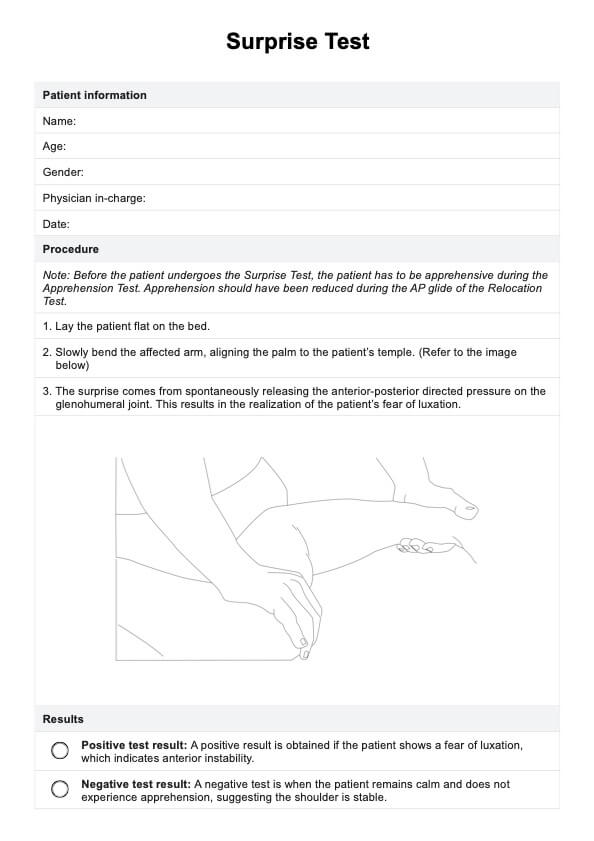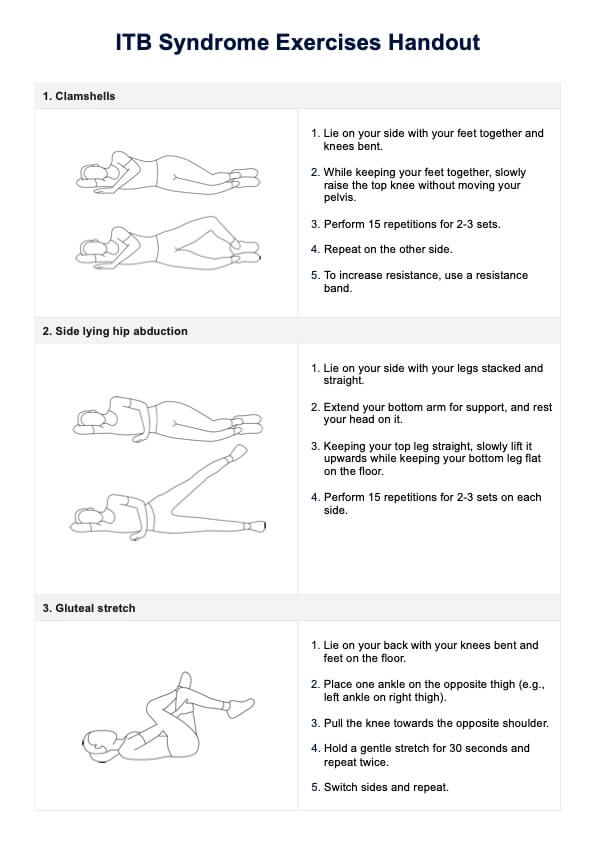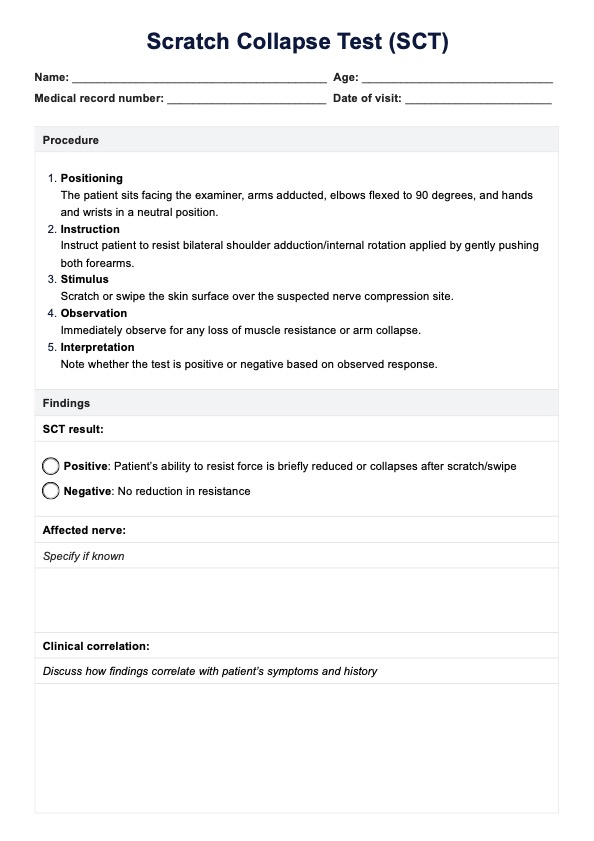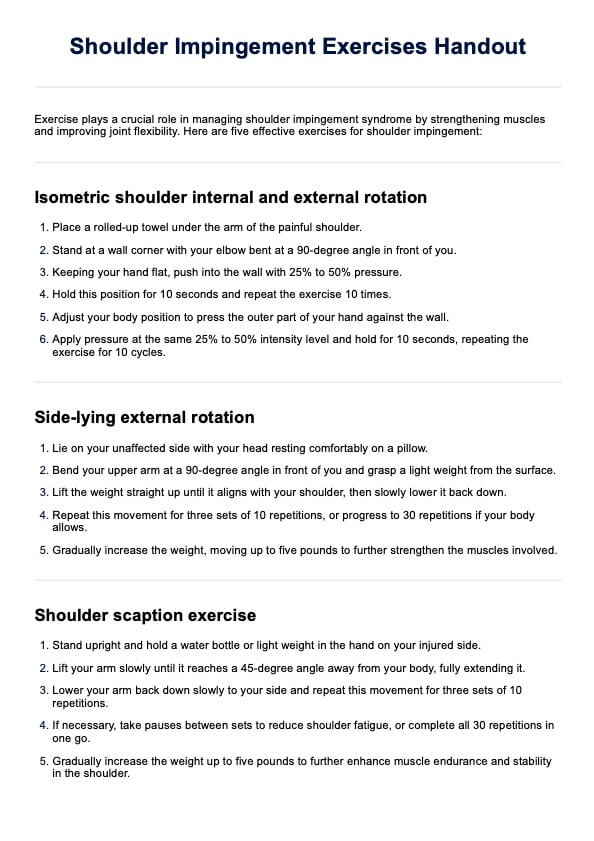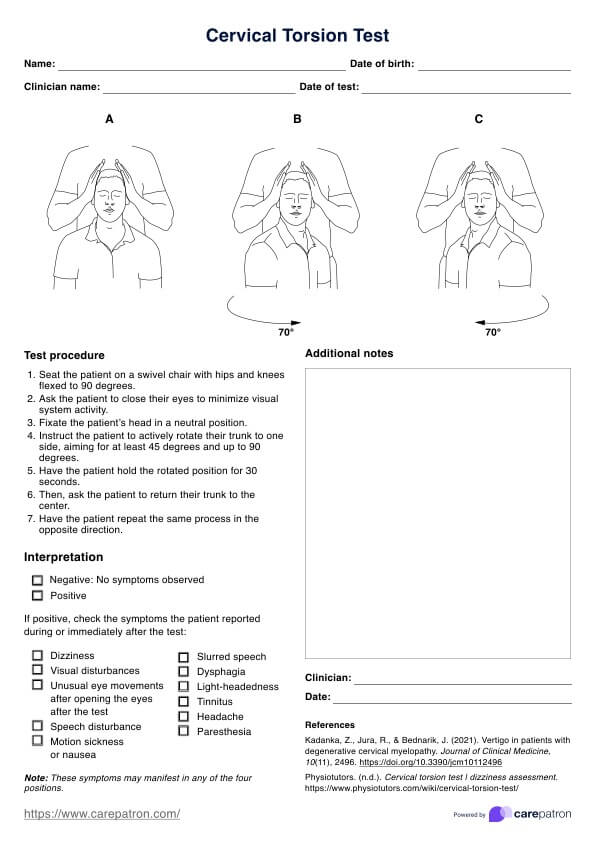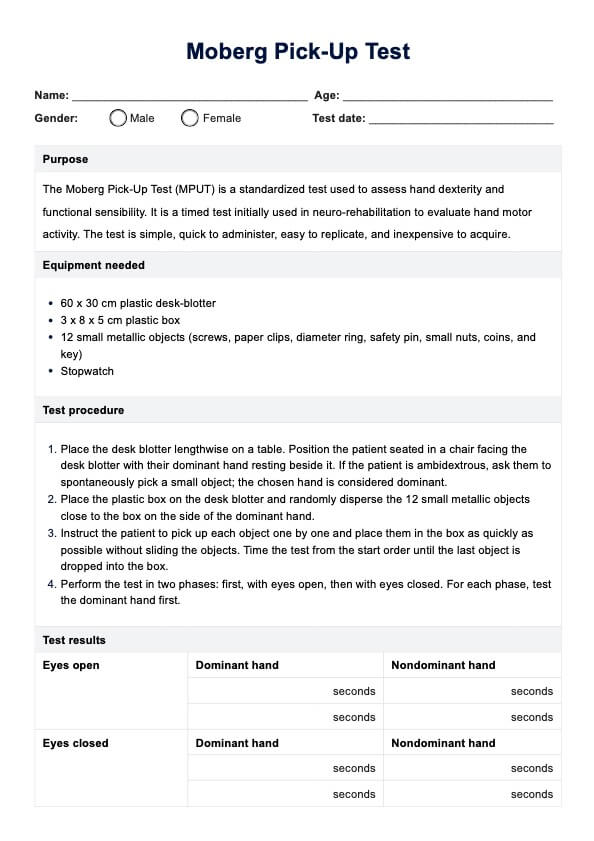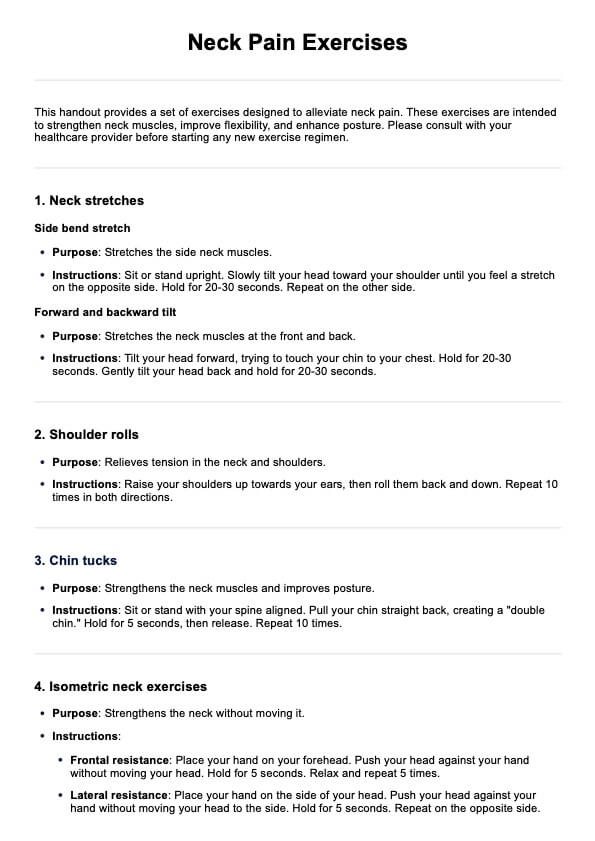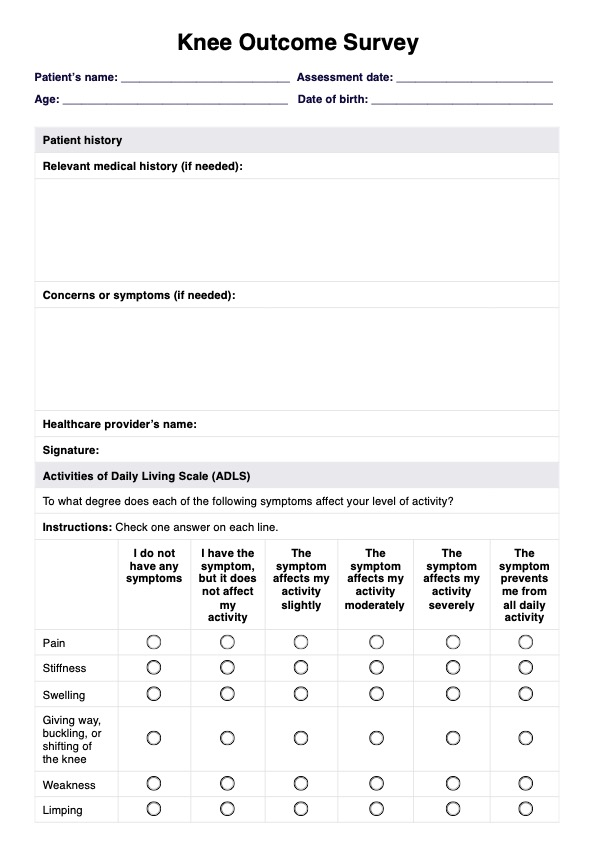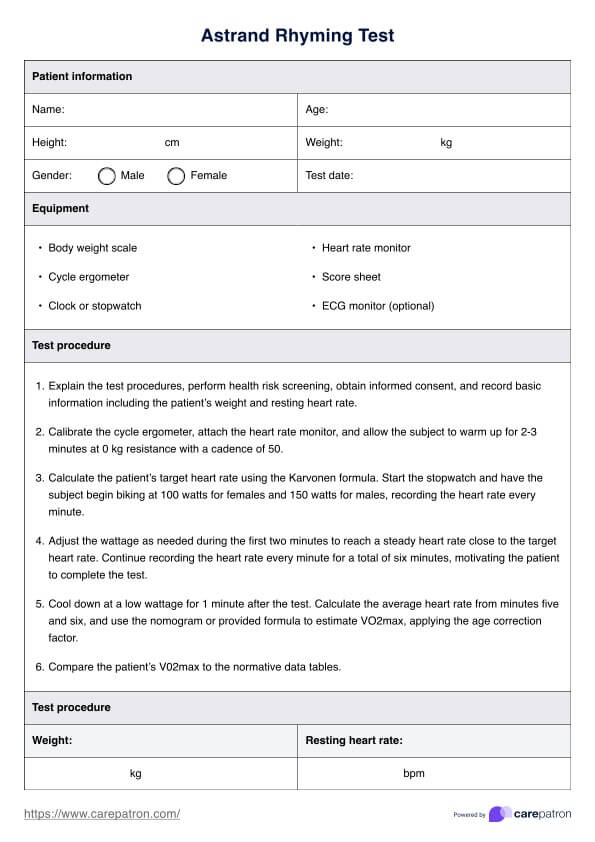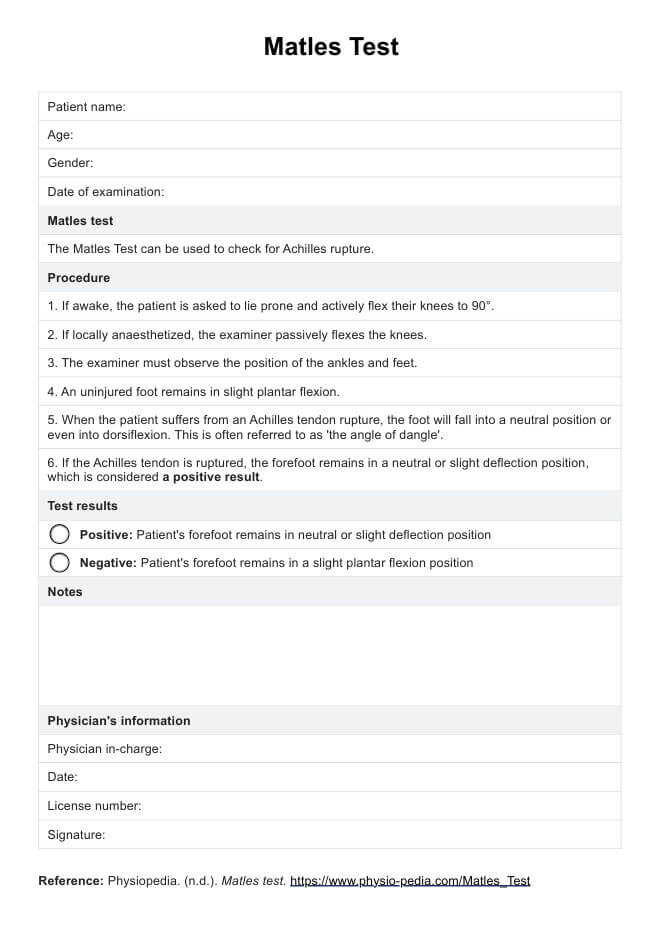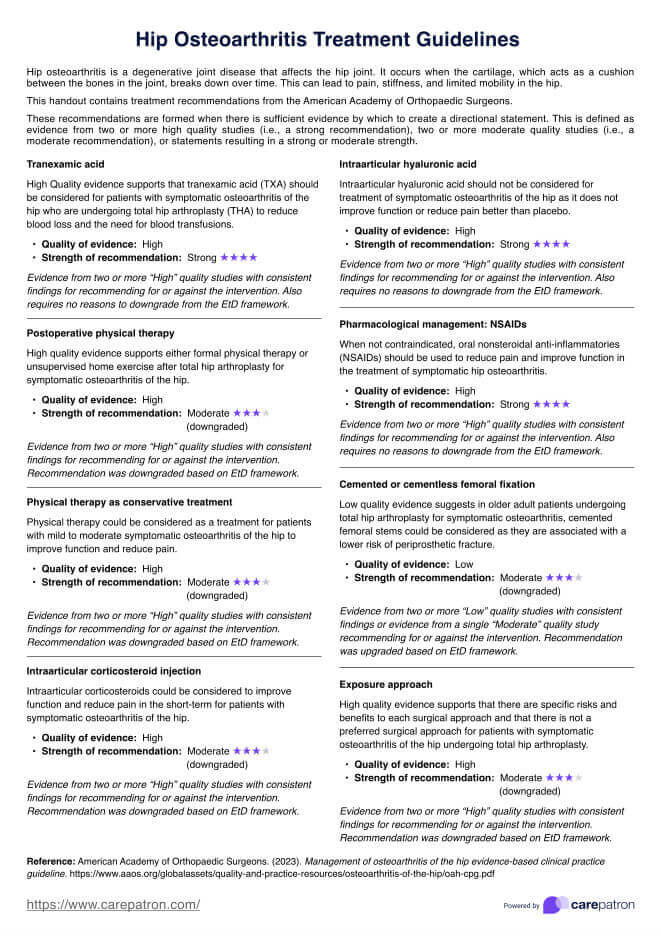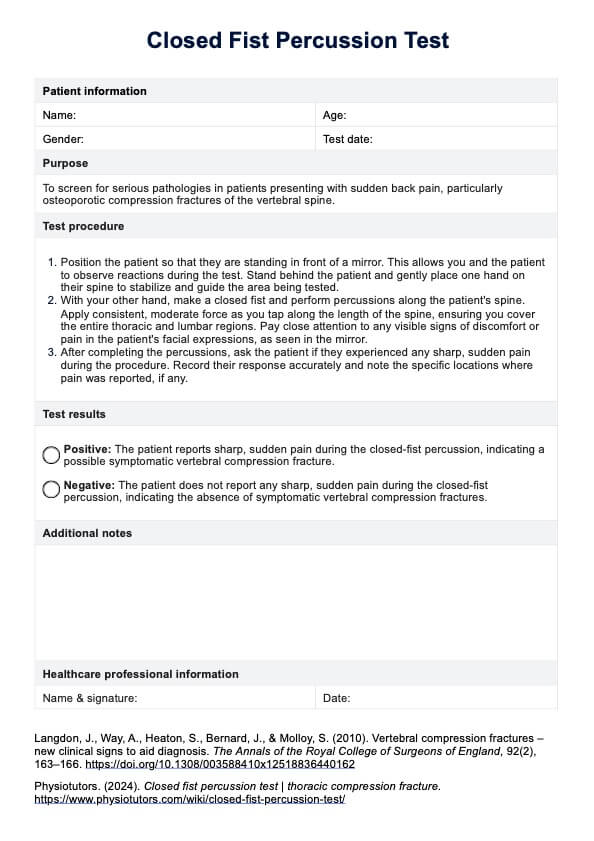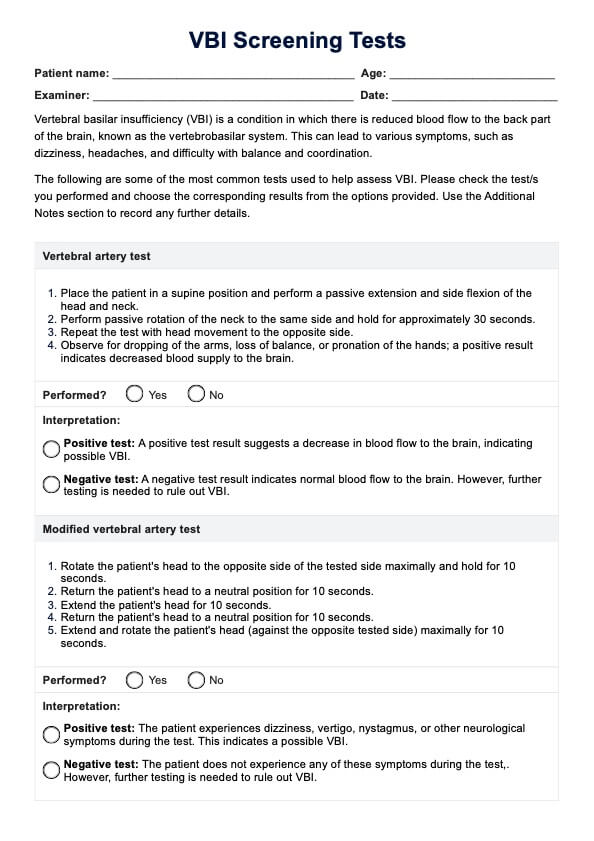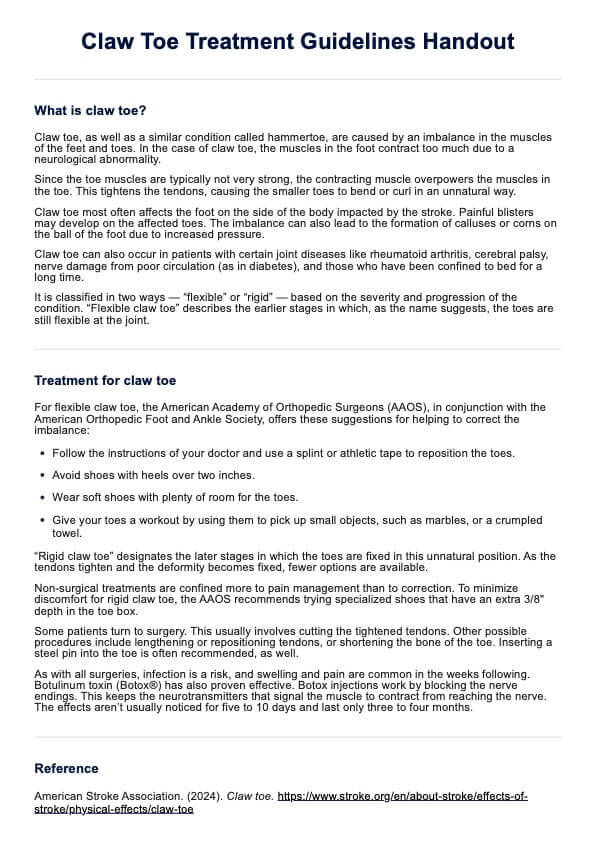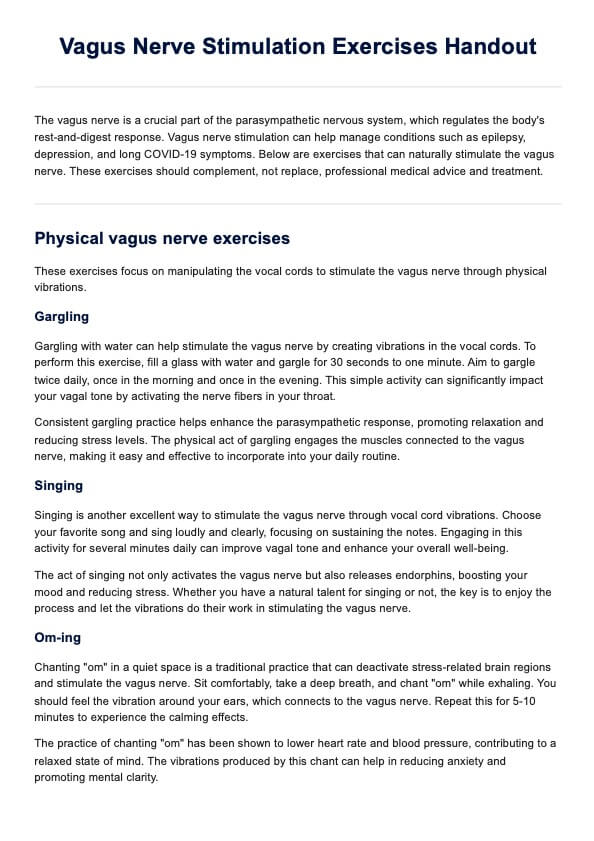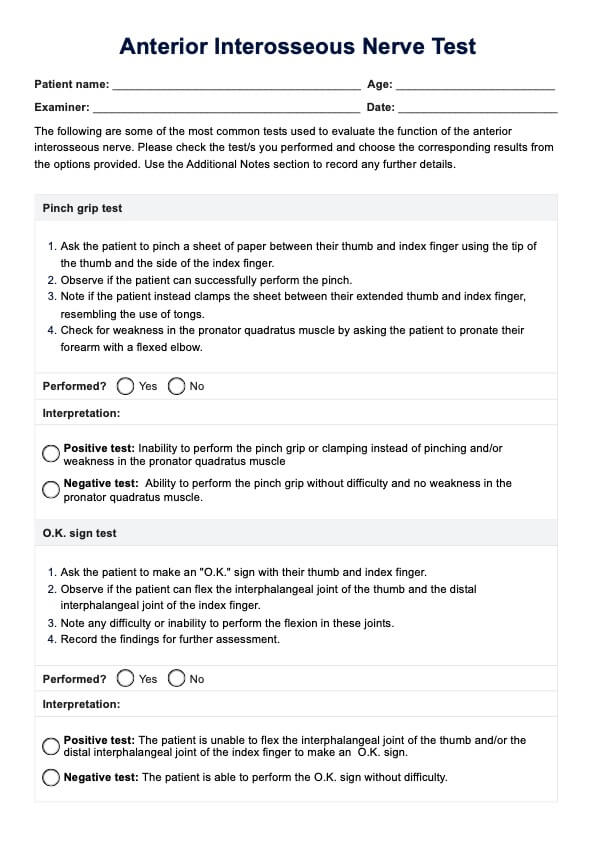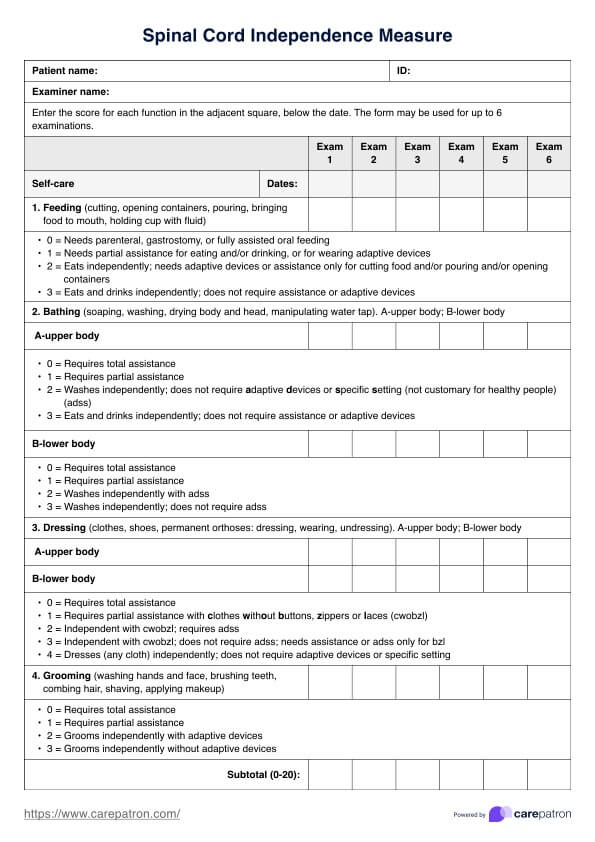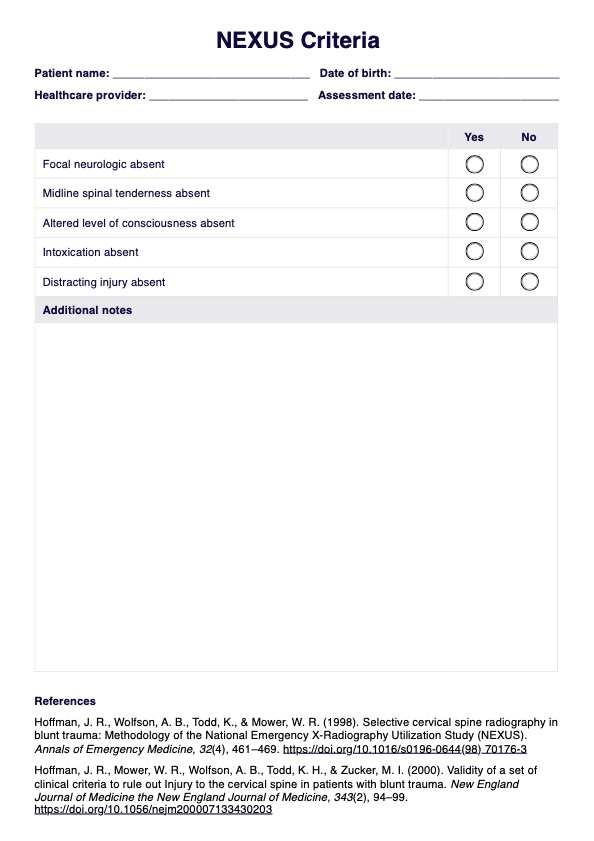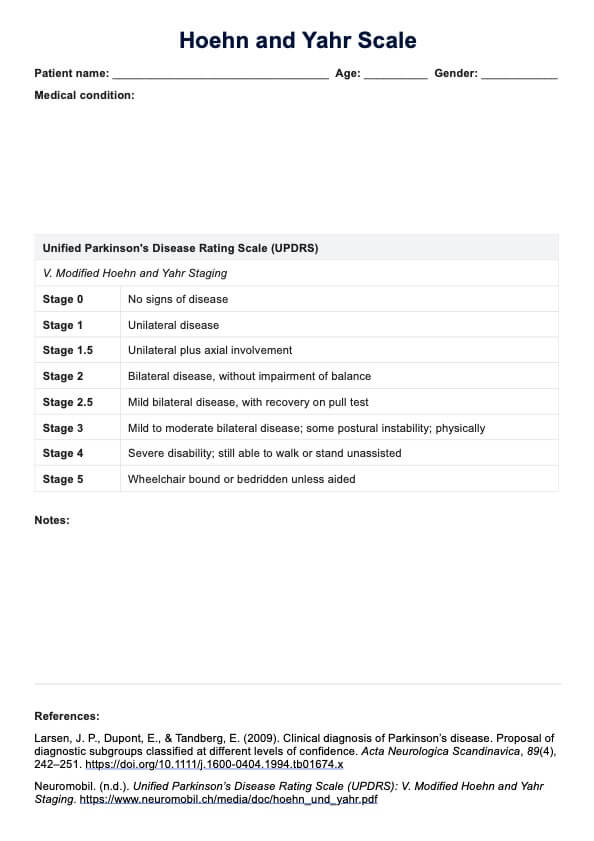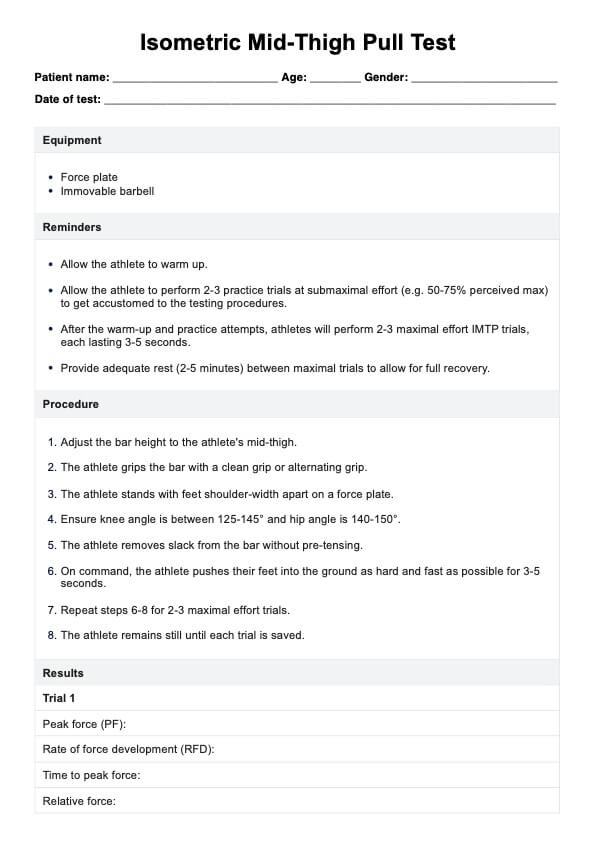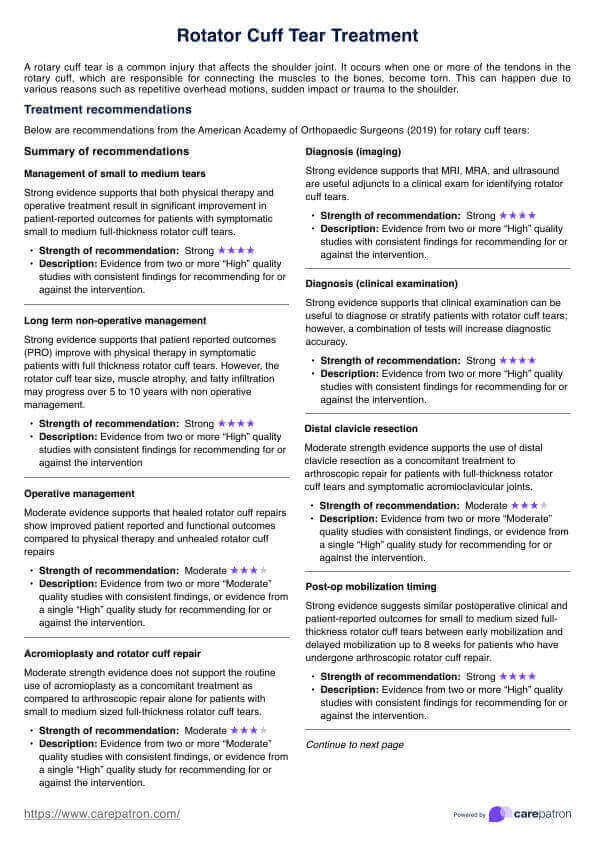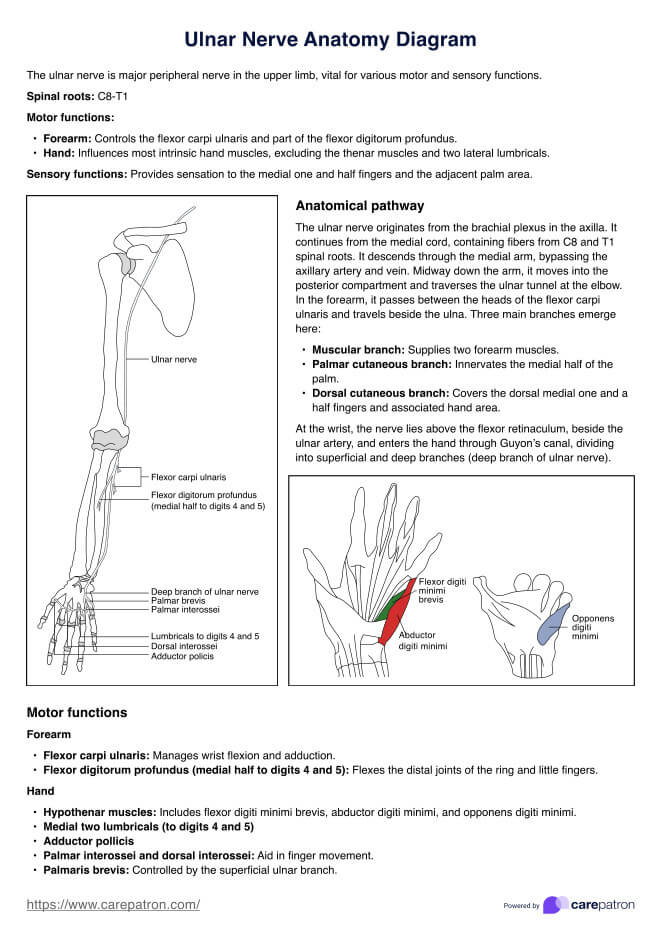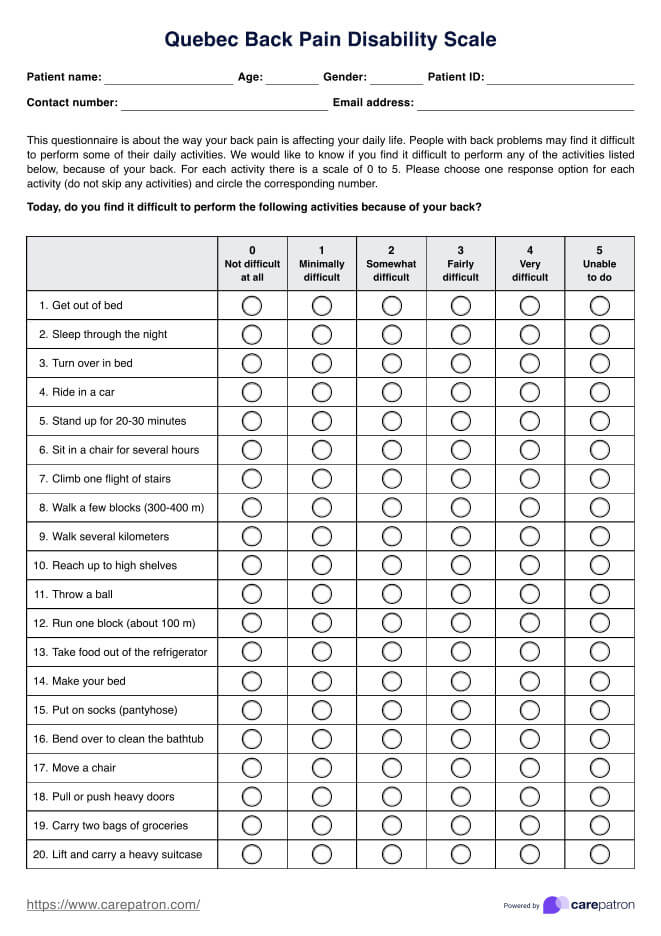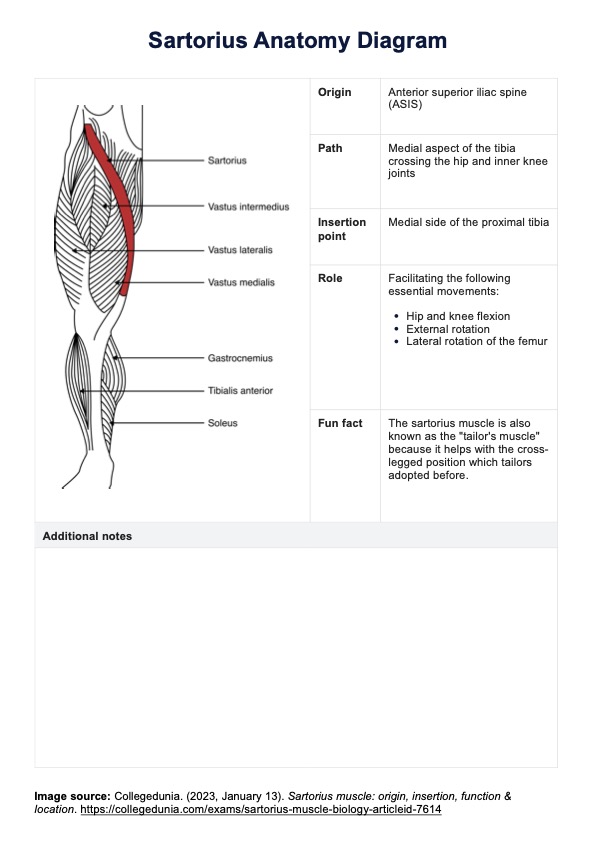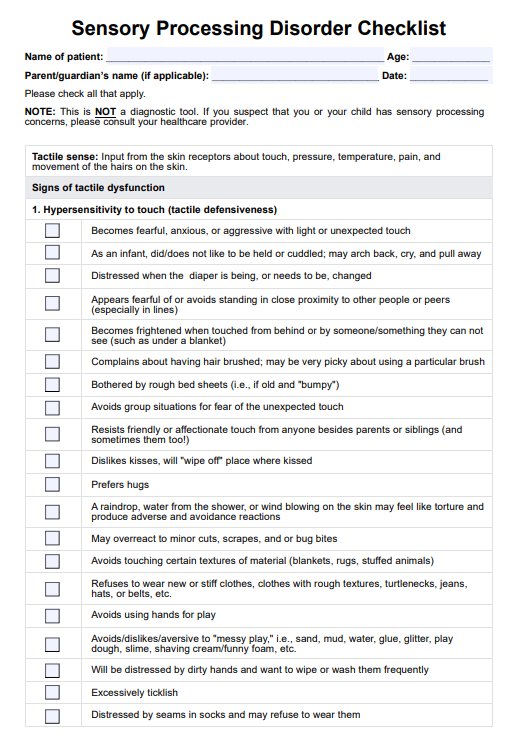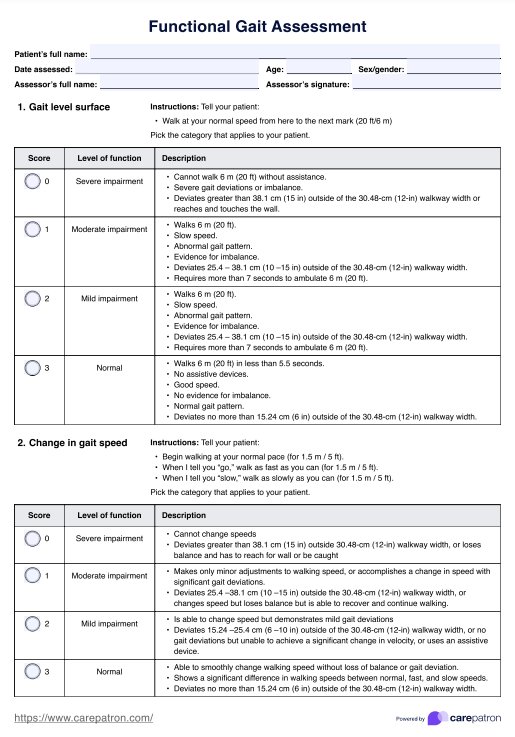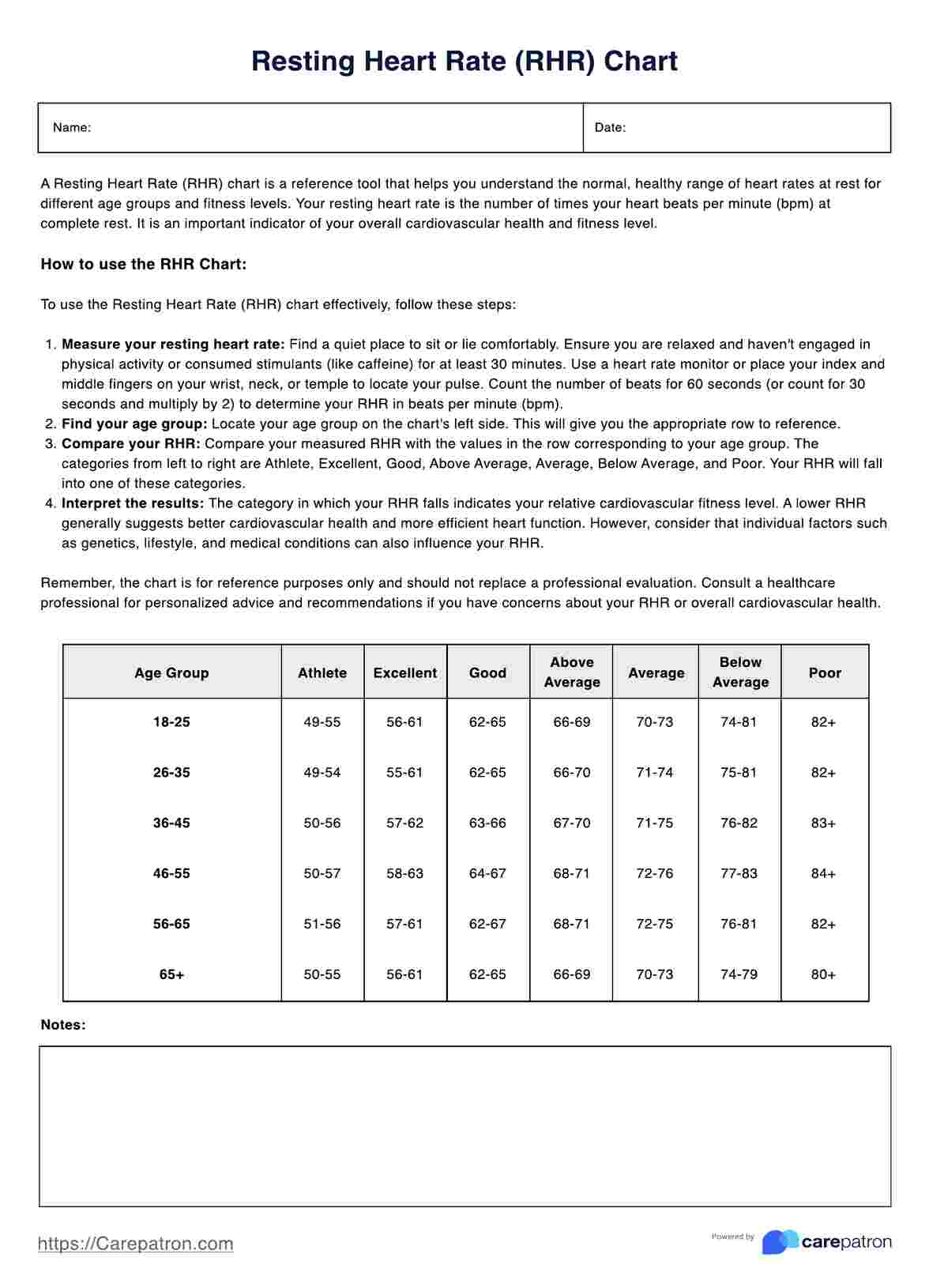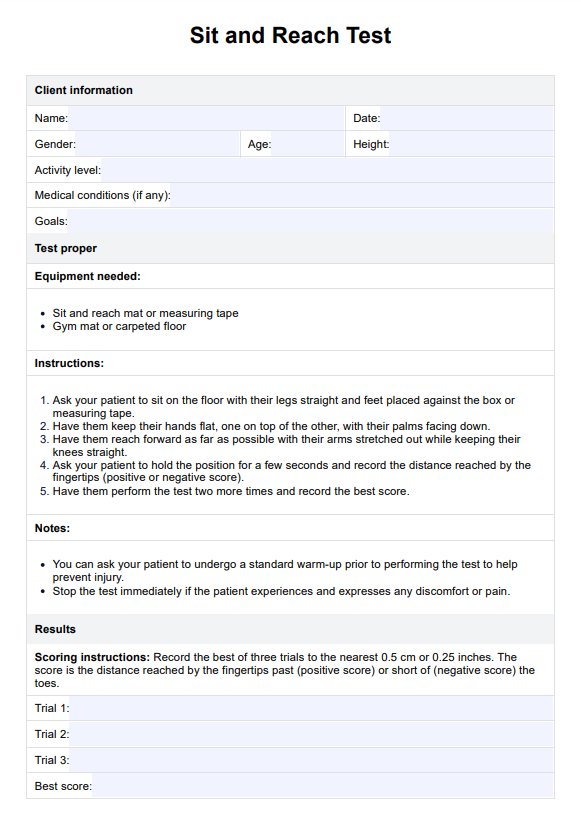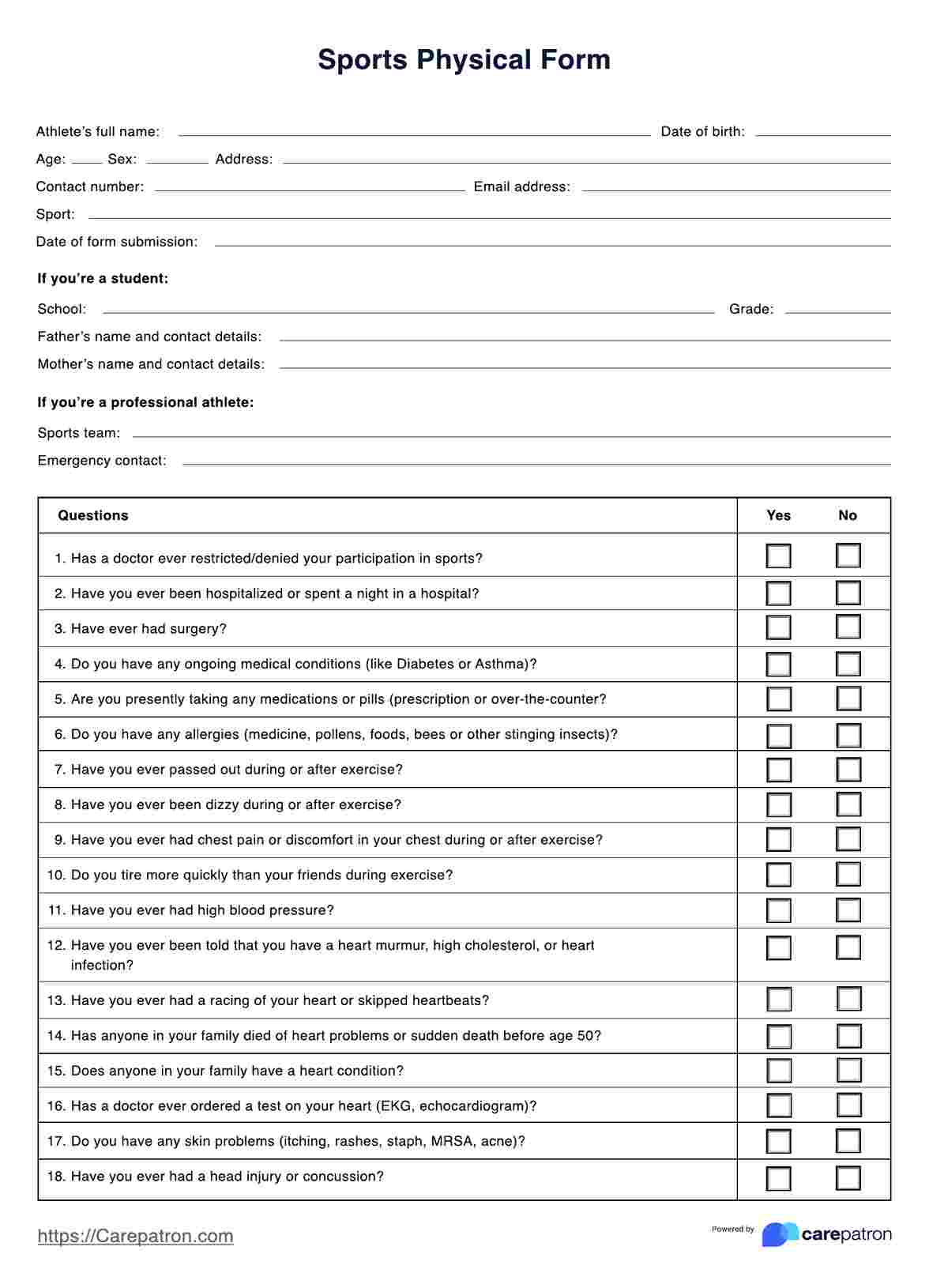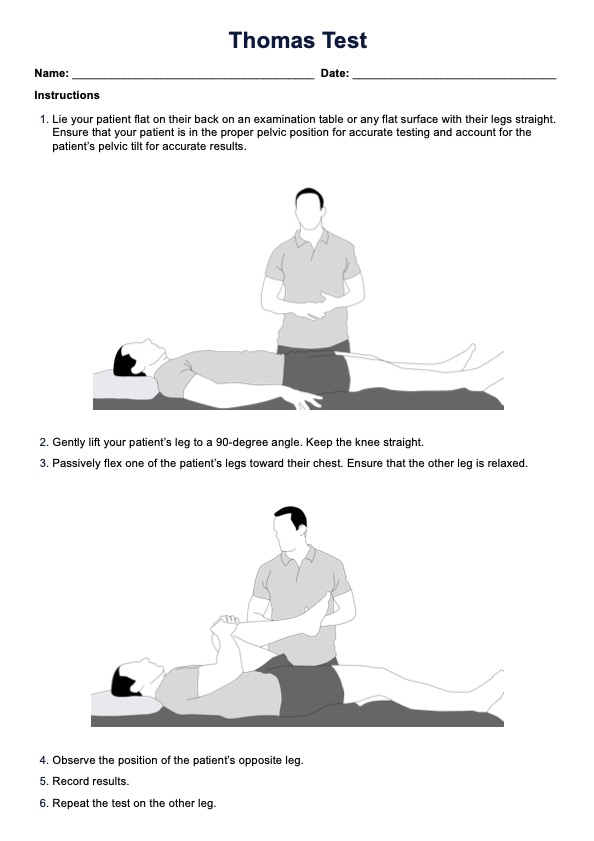Personal Trainer Consultation Forms
Get our Personal Trainer Consultation Form template to efficiently assess new clients, set goals, and create personalized training programs.


What is a Personal Trainer Consultation Form?
A Personal Trainer Consultation Form is a valuable tool that personal trainers use to gather necessary information from prospective clients at the start of their fitness journey. Apart from the
physical activity readiness questionnaire (PAR-Q), this fitness form is the cornerstone for an efficient personal training plan, assisting personal trainers in gathering crucial information about their client's health history, activity history, lifestyle considerations, and fitness goals. The form usually contains areas for the client's contact information, medical history, lifestyle habits, and more.
Moreover, Personal Trainer Consultation Forms help develop a trainer-client relationship and allow fitness professionals to design training plans specific to the client's fitness goals, such as weight loss, muscle gain, or overall fitness improvement. Performing a comprehensive fitness consultation during the initial training session lays the groundwork for tracking improvement and guaranteeing client satisfaction throughout the coaching process.
Personal Trainer Consultation Forms Template
Personal Trainer Consultation Forms Example
How does it work?
Using a Personal Trainer Consultation Form is a simple process. Here's how to fill out the form in five simple steps:
Step 1: Access the template
To get started, you can find the Personal Trainer Consultation Form template within this guide. Simply click "Use template" to access it digitally on Carepatron’s platform, and for a PDF copy, click "Download."
Step 2: Collect personal and medical information
The next step is to complete the client's information and emergency contact details, followed by a thorough medical history section, which should include details on medical conditions, medications, and family history. This enables you to evaluate potential risks and customize the training program to the client’s needs, ensuring a safe, effective, personalized fitness consultation.
Step 3: Assess the client's fitness goals and preferences
Evaluate the client’s fitness goals, whether they are focused on weight loss, muscle gain, or enhancing overall health. Collect detailed information on the client's exercise preferences and history to ensure the training program is tailored to their specific needs and objectives.
Step 4: Review and confirm the information
Review the information provided to ensure accuracy. Confirm that the fitness goals, lifestyle factors, and training preferences align with your client's goals.
Step 5: Use the information to build a personalized program
After gathering this comprehensive information, you can use the details in the Personal Trainer Consultation Form to design a safe and effective training program. This includes selecting exercises that match the client's fitness goals and considering lifestyle factors like nutritional habits or stress levels.
When should you use a Personal Trainer Consultation Form?
The Personal Trainer Consultation Form is an important tool used in a variety of settings to provide a thorough understanding between the personal trainer and the new client. Here are several circumstances where using this form is required:
1. First training session
When meeting a new client for the first time, a Personal Trainer Consultation Form is crucial for gathering client information, including contact details, fitness goals, and exercise history. This initial fitness consultation provides a solid foundation for designing an effective fitness program.
2. Setting clear fitness goals
Personal Trainer Consultation Forms help you gather comprehensive information about the client’s fitness goals—weight loss, muscle gain, or improving general fitness levels. By understanding the client’s goals and fitness journey, the trainer can tailor a training program that aligns with their primary fitness goals.
3. Building a personalized training program
After collecting the client's current fitness level, medical history, and lifestyle factors, you can use this information to create a personalized program. Whether focusing on strength training, muscle gain, or improving fitness levels, the form provides vital information to design a training regimen that meets the client's needs.
4. Tracking client progress
The trainer consultation form is essential for tracking progress during the coaching process. By periodically revisiting the form, you can monitor changes in fitness levels, adjust training programs, and ensure client satisfaction. It helps ensure the trainer and client are on the same page throughout their fitness journey.
5. Ensuring legal protection
The client agreement form outlines potential risks, injury history, and medical conditions, ensuring legal protection for you and the client. This is particularly important for fitness businesses and ensures that the client understands the terms of the training program.
Benefits of using a Personal Trainer Consultation Form
Using a Personal Trainer Consultation Form has many benefits that can improve the trainer-client relationship and the overall effectiveness of the personal training process. Here are four main benefits:
1. Comprehensive understanding of client needs
A personal trainer consultation template enables you to acquire critical information such as health history, exercise preferences, and fitness goals. This information helps you better understand their clients' fitness levels and adapt personal training sessions accordingly. By gathering this information beforehand, the trainer ensures that the training consultation is tailored to the client's specific goals, whether weight loss, muscle gain, or overall fitness improvement.
2. Safety and injury prevention
With a Personal Training Consultation Form, you can assess medical history, including any past injuries or chronic illnesses that could affect the client's ability to safely engage in physical activity.
3. Streamlined client intake process
A structured consultation form like the personal training consultation template makes the client intake process more efficient. By capturing all the client's fitness goals, exercise history, and other relevant information in one document, the form eliminates the need for multiple back-and-forth discussions. You can easily access all the necessary details in one place, making it easier to set up a personalized and effective fitness program right from the first training session.
4. Establishing a solid foundation for progress tracking
This form helps establish a solid foundation for tracking the client’s progress. You can monitor improvements over time by documenting their primary fitness goals and fitness levels at the beginning of the training consultation. This provides a clear baseline for assessing the success of the training programs and ensures that adjustments can be made as the client progresses, contributing to their fitness journey and enhancing the overall training experience.
Commonly asked questions
Personal trainers, fitness coaches, and fitness centers commonly use these forms to gather information from new clients. This form is a cornerstone of client-trainer relationship in a personal training business.
These personal trainer forms are used during initial consultations within a fitness business, periodic assessments, or when a client's situation changes significantly.
They collect detailed information about a client's health, fitness level, goals, and preferences, allowing for the design of a customized fitness program.


